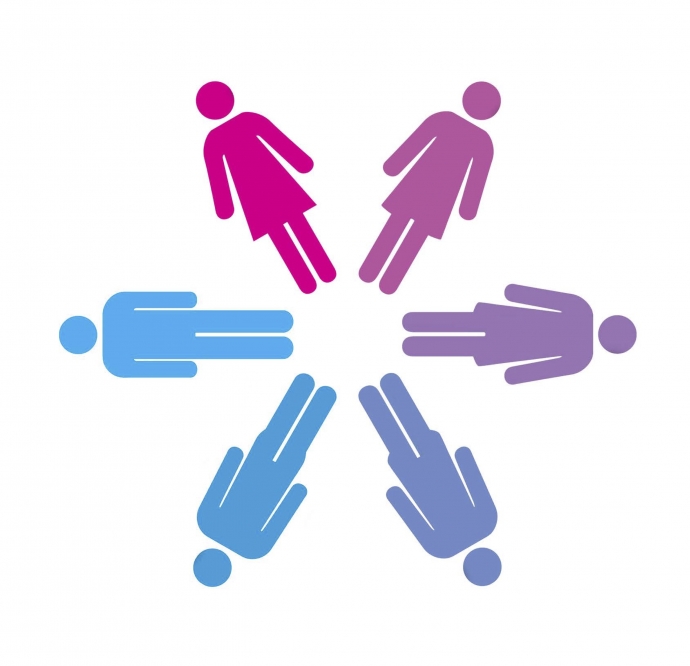Speakers: Michela Balocchi, Markus Bauer, Massimo Di Grazia, Stefano Osella, Daniela Truffer
Chairs: Lorenzo Bernini, Michela Balocchi
Intersex variations continue to be considered a psycho-social emergency, notwithstanding that genetic and biological sciences have widely shown that human beings present a spectrum of sex characteristics (chromosomal, gonadic/hormonal, and/or anatomic). The majority of differences in sexual development are not visible at birth; for those people born with a visible variation the usual practice, since the second half of twentieth century, has been early surgical aesthetic intervention and hormonal therapy during childhood to orient the sex characteristics to be more female or more male.
In the last thirty years people with intersex variation, activists, and intersex organizations, have testified about the painful and irreversible effects caused by unnecessary, non urgent and non consensual surgeries. In the most recent years intersex organizations and advocates for intersex human rights have been able to make their voices heard in the international human rights context: one of the relevant results is that some international institutions declared those medical procedures as human rights violations, genital mutilation, and torture. Notwithstanding that, surgeries and other treatments continue to be practiced routinely. How can the direct or indirect erasure of intersex subjectivity operated by the medical system be in line with respect for bodily integrity, self determination and with the fullness of human rights? how can fundamental rights protect diversity in sex characteristics? how can they protect and ensure bodily autonomy and self determination?
Room 2.1 – Palazzo di Lettere (second floor)
Via San Francesco 22
Verona
Poster_seminar



